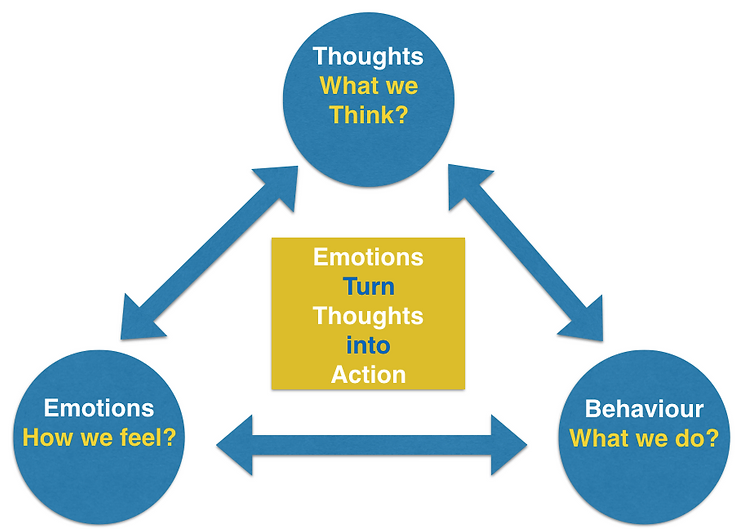
Emotional Intelligence – Do you need to work on it?
Emotional Intelligence redefines what it means to be smart. It provides the missing link to the puzzle as to why some people with high IQ’s falter in life, and those with lower grades at schools - the so called underachievers - are able to perform exceptionally well in life. Emotional intelligence is a different way of being smart! (ref: Emotional Intelligence – The Game Changer! Click to read)
Emotional Intelligence directly impacts Performance
90% of success at leadership roles is attributed to Emotional Intelligence. (You manage work and lead people – Click to read)
1/3rdof people tested were able to accurately identify emotions as they happened
which leaves 2/3rds at the mercy of being controlled by their emotions.
- Navigating Emotions -3.3% (maintaining emotional balance)
- Engaging Intrinsic Motivation -2.9% (motivation from the inside)
- Increasing Empathy – 2.4% (connecting compassionately with others

Emotional intelligence is that intangible trait in each one of us that affects how we manage behavior, navigate social complexities, and make personal decisions that achieve positive results.
- They get stressed easily. When the pressure mounts they worry too much, often fall a prey to ‘worst case scenario’, get caught between ‘if & if not’, stuff themselves with disturbing feelings, and often find themselves at a loss to respond or cope with the situation. They find it difficult to manage their moods.
- They have difficulty in being assertive. They are unable to communicate their point of view clearly and effectively, by articulating with sensitivity towards others without being rude or furious. They quickly resort to either passive or aggressive behavior, are unable to steer themselves away from unfiltered emotional reactions.
- They think no one understands them. They are consistently asked to clarify their statements, people misjudge their tone of voice, and they end up having a frustrating number of arguments because of frequent misunderstandings with others.
- They don’t know their triggers. They fail to recognize situations and people that push their buttons and cause them to act impulsively. Hence are unable to manage them.
- They blame others for their feelings. They hold others responsible for making them feel bad. They fail to realize that no one can make them feel bad about themselves unless they allow them to. They underestimate their ability to take control of the situation.
- They make assumptions and defend them. They are quick to make judgments about others and keep looking for clues to support their point of view.
- They hold on to grudges. They keep holding on to the issues that happened in the past, and keep reliving the pain associated with it.
- They don’t let go of mistakes. They keep dwelling too long on their mistakes, and keep feeling overly conscious, anxious and shy. They fail to recognize that the key to improvement is to learn from mistakes and not overly punishing one self.
- They get easily offended. They are over sensitive and are unable to take jokes in good spirit.
- They have a limited emotional vocabulary. They are unable to identify and name their feelings and that of others. This affects their capability to pinpoint the feelings, identify the cause of those feelings, and their ability to take next steps to manage their behavior and actions.
Preeti Dubey Founder, Director
STRIVE HIGH – Soft Solutions For Tough Problems ! Like us on Facebook , Follow us on Twitter





